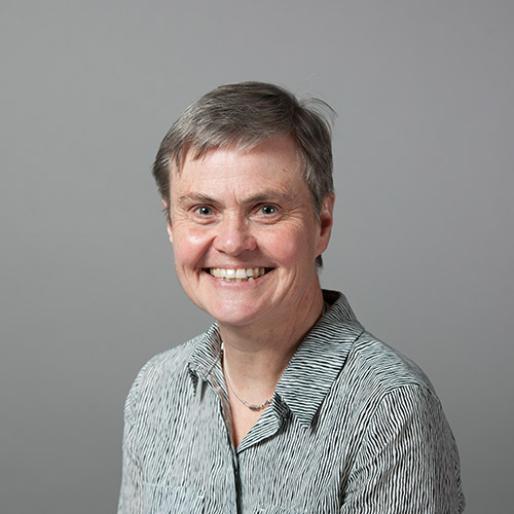The big picture: using wildflower strips for pest control
A new initiative to improve female representation in wheat research has has secured funding from the UKRI Biotechnology and Biological Sciences Research Council (BBSRC). Empowering the UK wheat community to achieve gender parity is led by the John Innes Centre (JIC), together with Rothamsted Research and The Sainsbury Laboratory (TSL).
This 12-month project builds on the success of the Rosalind Franklin Women in Wheat Champions programme, led by Professor Diane Saunders at JIC, which was established to address the severe lack of female representation in wheat research in academia.
The new funding enables this highly successful development programme to be cascaded across organisations within one of the largest coordinated wheat research programmes in the UK, the Delivering Sustainable Wheat (DSW) Strategic Programme.
Professor Saunders commented: “It is fantastic to see this new investment. Wheat is a critical staple crop worldwide and protecting wheat yields is crucial for global food security and economic stability. It is only by cultivating a diverse research community that we can truly harness the diversity in scientific thinking needed to achieve a wheat secure future.”
Female wheat researchers across the UK will benefit from digitised access to the career development training courses previously developed by JIC/TSL and a highly successful one-to-one mentoring programme.
They can also join professional leadership training and a dedicated career development workshop to be held in 2025. Senior wheat researchers will undertake inclusive leadership training to address unconscious gender bias and help them to recognise and address organisational barriers that could be inhibiting female career progression.

Molecular Plant Pathologist
Rothamsted Research is the longest-running agricultural research institute in the world. We work from gene to field with a proud history of ground-breaking
discoveries in areas as diverse as crop management, statistical interpretation and soil health. Our founders, in 1843, were the pioneers of modern
agriculture, and we are known for our imaginative science and our collaborative approach to developing innovative farm practice.
Through independent research, we make significant contributions to improving agri-food systems in the UK and internationally, with
economic impact estimated to exceed £3 bn in annual contribution to the UK economy. Our strength lies in our systems approach, which combines strategic research,
interdisciplinary teams and multiple partnerships.
Rothamsted is home to three unique National Bioscience Research Infrastructures which are open to researchers from all over the world:
The Long-Term Experiments,
Rothamsted Insect Survey and the
North Wyke Farm Platform.
We are strategically funded by the Biotechnology and Biological Sciences Research Council (BBSRC), with additional support from other national and
international funding streams, and from industry. We are also supported by the Lawes Agricultural Trust (LAT).
The Biotechnology and Biological Sciences Research Council is part of UK Research and Innovation, a non-departmental public body funded by a grant-in-aid
from the UK government.
BBSRC invests to push back the frontiers of biology and deliver a healthy, prosperous and sustainable future. Through our investments, we build and support a vibrant,
dynamic and inclusive community which delivers ground-breaking discoveries and develops bio-based solutions that contribute to tackling global challenges,
such as sustainable food production, climate change, and healthy ageing.
As part of UK Research and Innovation (UKRI), we not only play a pivotal role in fostering connections that enable the UK’s world-class research and innovation system
to flourish – we also have a responsibility to enable the creation of a research culture that is diverse, resilient, and engaged.
BBSRC proudly forges interdisciplinary collaborations where excellent bioscience has a fundamental role. We pioneer approaches that enhance the equality, diversity,
and inclusion of talent by investing in people, infrastructure, technologies, and partnerships on a global scale.
The Lawes Agricultural Trust, established in 1889 by Sir John Bennet Lawes, supports Rothamsted Research’s national and international agricultural science through the provision of land, facilities and funding. LAT, a charitable trust, owns the estates at Harpenden and Broom's Barn, including many of the buildings used by Rothamsted Research. LAT provides an annual research grant to the Director, accommodation for nearly 200 people, and support for fellowships for young scientists from developing countries. LAT also makes capital grants to help modernise facilities at Rothamsted, or invests in new buildings.